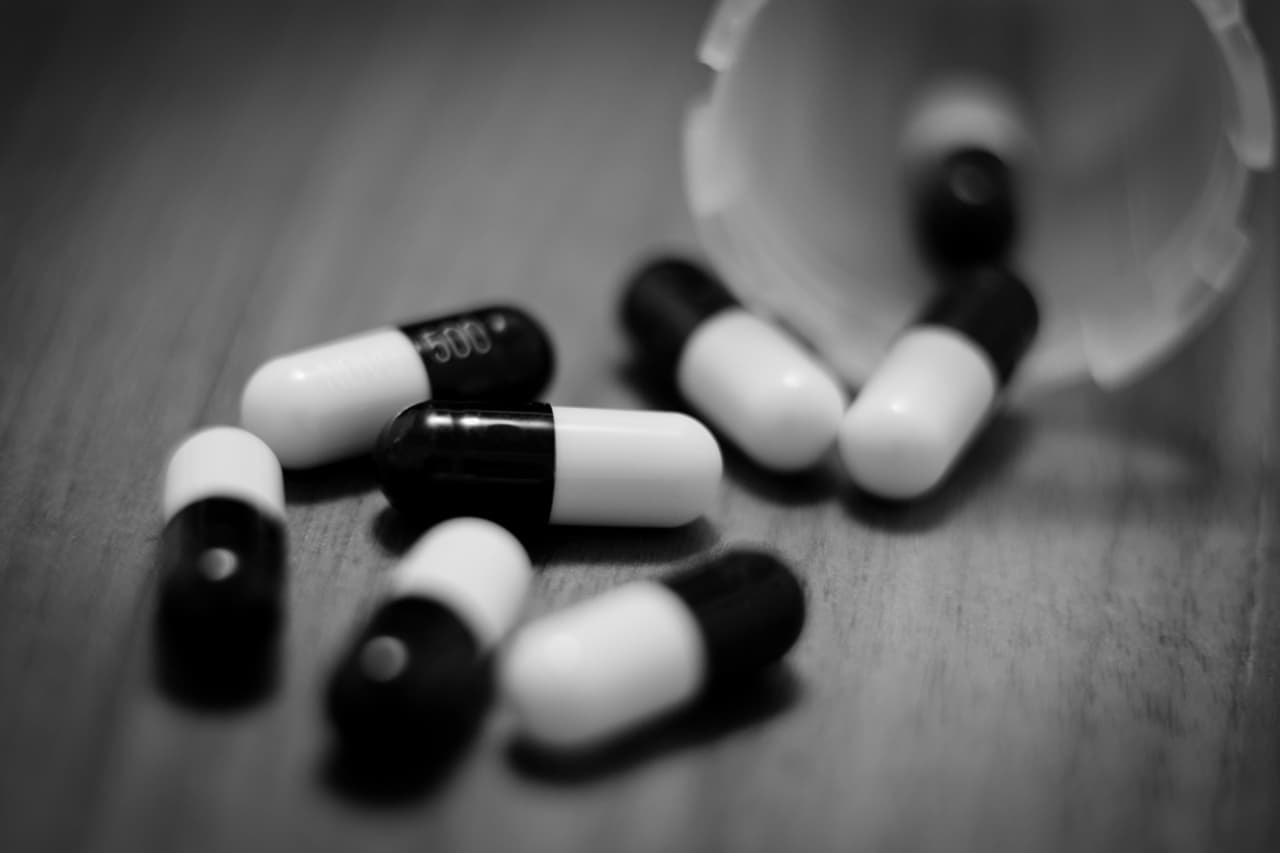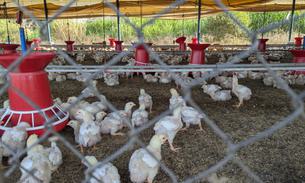
Antimicrobial resistance: what’s the issue, and why is it so important?
The Bureau is investigating drug resistance in the UK.
What is the problem?
An estimated 700,000 people die each year globally because they have an infection that has become immune to the drugs used to treat it. The UK government’s review on drug resistance predicts this number will rise to 10 million deaths a year by 2050, with a cost to the global economy of $100tn.
What are antimicrobials?
An antimicrobial drug is used against a microorganism – such as a bacteria, virus, parasite or fungus – that causes a disease.
There are various antimicrobial drugs that work on the different organisms. Antibacterial drugs, or antibiotics, work against bacterial infections, and an antiviral works against a virus, such as HIV.
What is antimicrobial resistance?
Resistance is a natural biological phenomenon. Some microorganisms naturally survive exposure to the drugs that should kill them, and these surviving microorganisms pass on their resistance to the drug to others.
The first antibiotics were attack mechanisms that bacteria used to attack competitors. Resistance evolved as a defence against these chemicals. The same happens when humans administer synthesised antibacterial chemicals – the bacteria evolve resistance to the antibiotics.
But antimicrobial resistance (AMR) can be accelerated by overuse or misuse of the drugs and poor infection control, for example, a visitor to a hospital transferring MRSA, a resistant infection, from one patient to another because they didn’t wash their hands between seeing patients.
Because resistant microorganisms are able to withstand attack by antimicrobial drugs, the usual treatments can become ineffective and infections can last longer and be more severe.
What is the situation in the UK?
Concerned about increasing antimicrobial resistance, the government set up a five-year AMR strategy in 2013. This sets out actions to slow the development and spread of antimicrobial resistance, with a focus on antibiotics.
Part of this strategy is the AMR review. Former prime minister David Cameron asked economist Jim O’Neill to analyse the global problem of antimicrobial resistance and propose concrete actions to tackle it internationally. In 2014, the government commissioned the AMR review in collaboration with the Wellcome Trust.
Professor Dame Sally Davies, a former chief medical officer, also raised the alarm about the problem in 2013, saying antibiotic resistance is a “ticking time bomb” comparable to the climate crisis and terrorism.
Antibiotics are used to treat infections such as sepsis. More than 37,000 people die each year from sepsis in the UK – more than the number who die from lung cancer. Sepsis is a common condition caused by an infection that hospitalises 100,000 people a year in the UK.
Why is the Bureau covering AMR?
We are looking at how antimicrobial resistance is rising in the UK, with a focus on antibiotics, and why that matters. With long-term, public interest reporting on the subject, the Bureau will highlight the crisis of antimicrobial resistance and discuss solutions.
The first stage of the investigative work is focusing on antibiotics, food and farming – an underreported part of the problem.
Why is antibiotic resistance so important?
Because without effective antibiotics, infections – such as sepsis or food poisoning – can kill.
And as more and more bacteria become resistant to antibiotics, routine medical procedures that rely on antibiotics to prevent infection, including chemotherapy, organ transplants and hip replacements, will become impossible.
Antibiotics are not only used as a human medicine, but are also for diseases in animals. About 45% of antibiotics used in the UK are given to animals, including food animals, such as cattle, pigs and poultry, and pets, such as dogs and cats.
What is the impact of antibiotic use on the problem?
Resistance develops when bacteria are exposed to the drugs, through a process of natural selection where the bacteria that are immune to the antibiotics are the ones that survive, and they then pass on the resistant genes. This process speeds up with repeated exposures.
The more humans use antibiotics and the more we give them to animals, the bigger the problem gets.
Critically important antimicrobials
The World Health Organization has designated some antimicrobial drugs as “critically important”.
This is where the drug is the only, or one of the only, ways of treating a serious human disease, where the disease itself can be transmitted to humans from animals or where resistance of the disease to the drugs used to treat it can be transmitted to humans from animals.
The Bureau’s first story on antimicrobial resistance, published in 2016, looked at the use of antibiotics called fluoroquinolones in poultry, and the potential impact that has on human health. Fluoroquinolones are classed by the WHO as a critically important antibiotic.
Do you have a tip or story about antimicrobial resistance? Contact our reporters:
Andrew Wasley at [email protected] or
Susannah Savage at [email protected]
Read about the Global Superbugs project here
Header image: Antibiotic pills. Credit: guidedbycthulhu via Flickr




